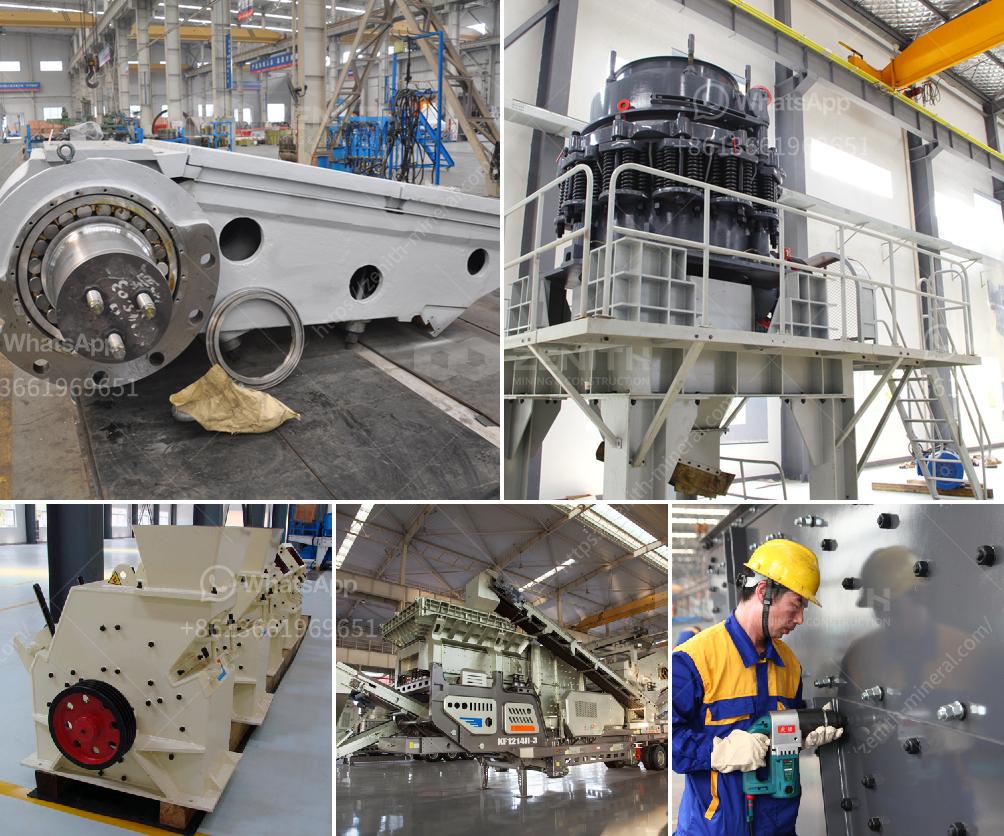When it comes to crushing river rocks, several types of crushers can be effective depending on the specific needs of your project. Here are some commonly used crushers:
Jaw Crushers: Ideal for primary crushing, jaw crushers can handle large and hard river rocks. They work by compressing the rocks between a fixed jaw and a movable jaw.
Cone Crushers: Suitable for secondary and tertiary crushing, cone crushers are capable of crushing medium to hard rocks. They use a rotating cone inside a hardened shell to achieve the crushing effect.
Impact Crushers: Available as horizontal shaft impactors (HSIs) and vertical shaft impactors (VSIs), impact crushers are used for producing finer gravel. They work by applying high-speed impact force to the rocks.
Gyratory Crushers: Similar to jaw crushers, gyratory crushers are used for primary crushing of very large rocks. They have a conical design, with a concave surface and a conical head that crushes the rock.
Roll Crushers: These can be used for secondary or tertiary crushing. They use two rotating cylinders that crush the rock as it passes between them.
Hammer Mills: Suitable for crush rocks into finer material, hammer mills use a series of hammers to crush the rocks against a stationary surface.
Consider the size of your project, the material specifications needed, and the hardness of the river rocks when choosing a crusher.
